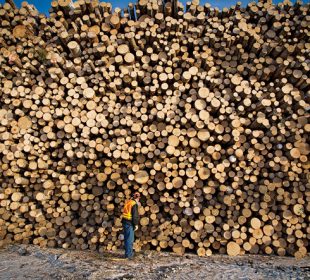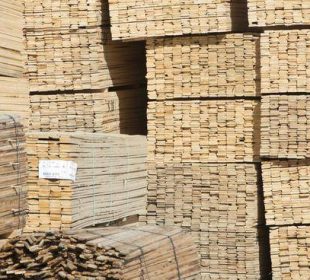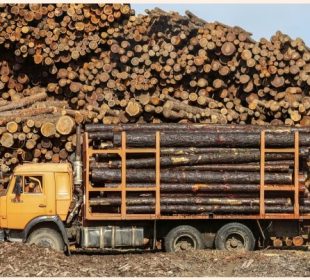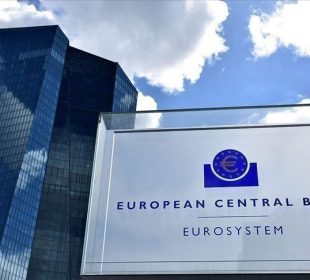Increasingly the twin concepts of “zero deforestation” and “embodied deforestation” lie at the heart of European policy making, both in the public and private sector, in relation to the trade in commodities from tropical countries. This has significant implications for the tropical wood products trade with potential impacts throughout the supply chain, from the forest through to the final consumer.
Policy decisions taken in relation to the so-called “Amsterdam Declarations” and an imminent EC “Communication on Stepping up EU Action against Deforestation and Forest Degradation” may be critical for the competitiveness of forestry operations and wood products in the European market, with wide-ranging, and unpredictable, effects filtering through into world markets.
The effects on wood industry competitiveness will act on at least two levels: at forest level, in relation to other commercial users of the land; and in finished products markets - construction, furniture, packaging, and energy production - where wood products from different regions and with various sustainability assurances and labels compete with each other and a wide, and growing, variety of non-wood products.
The two Amsterdam Declarations—one on deforestation and one on “sustainable palm oil” - were launched on December 7th, 2015 in the context of the Paris Climate Agreement and build on the New York Declaration on Forests’ commitments.
The two declarations have since been merged into one “Amsterdam Declaration Partnership (ADP) strategy”.
According to the “Partnerships For Forests” - which acts as ADP secretariat– the aim is to achieve “fully sustainable and deforestation-free agro-commodity supply chains in Europe by 2020”. To date, Denmark, Germany, Netherlands, Norway, the United Kingdom, Italy and France have signed.
The ADP strategy is intended to stimulate private sector commitment and progress on agricultural commodities associated with deforestation (such as palm oil, soy and cocoa) for which Europe has a significant market share.
















